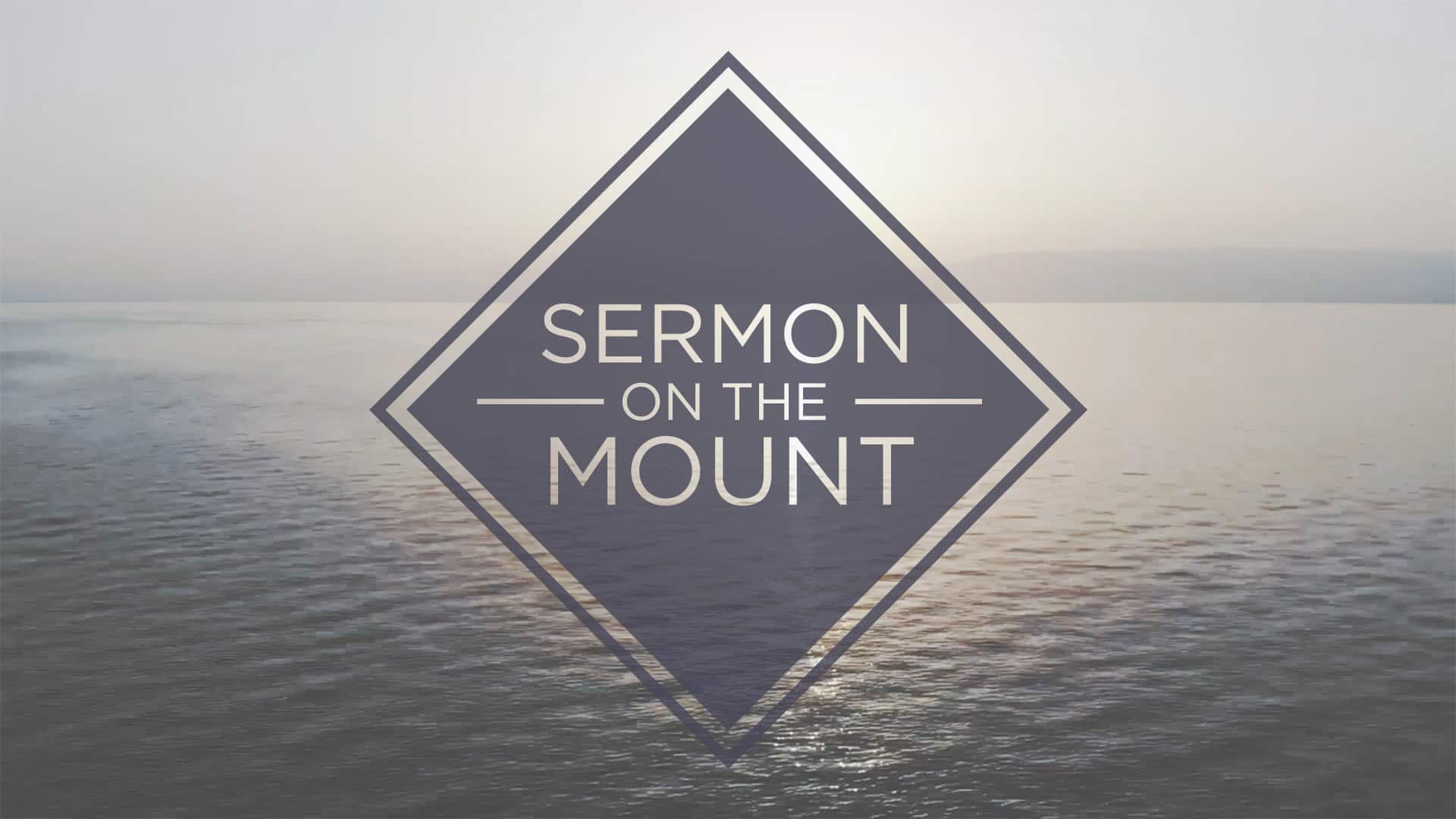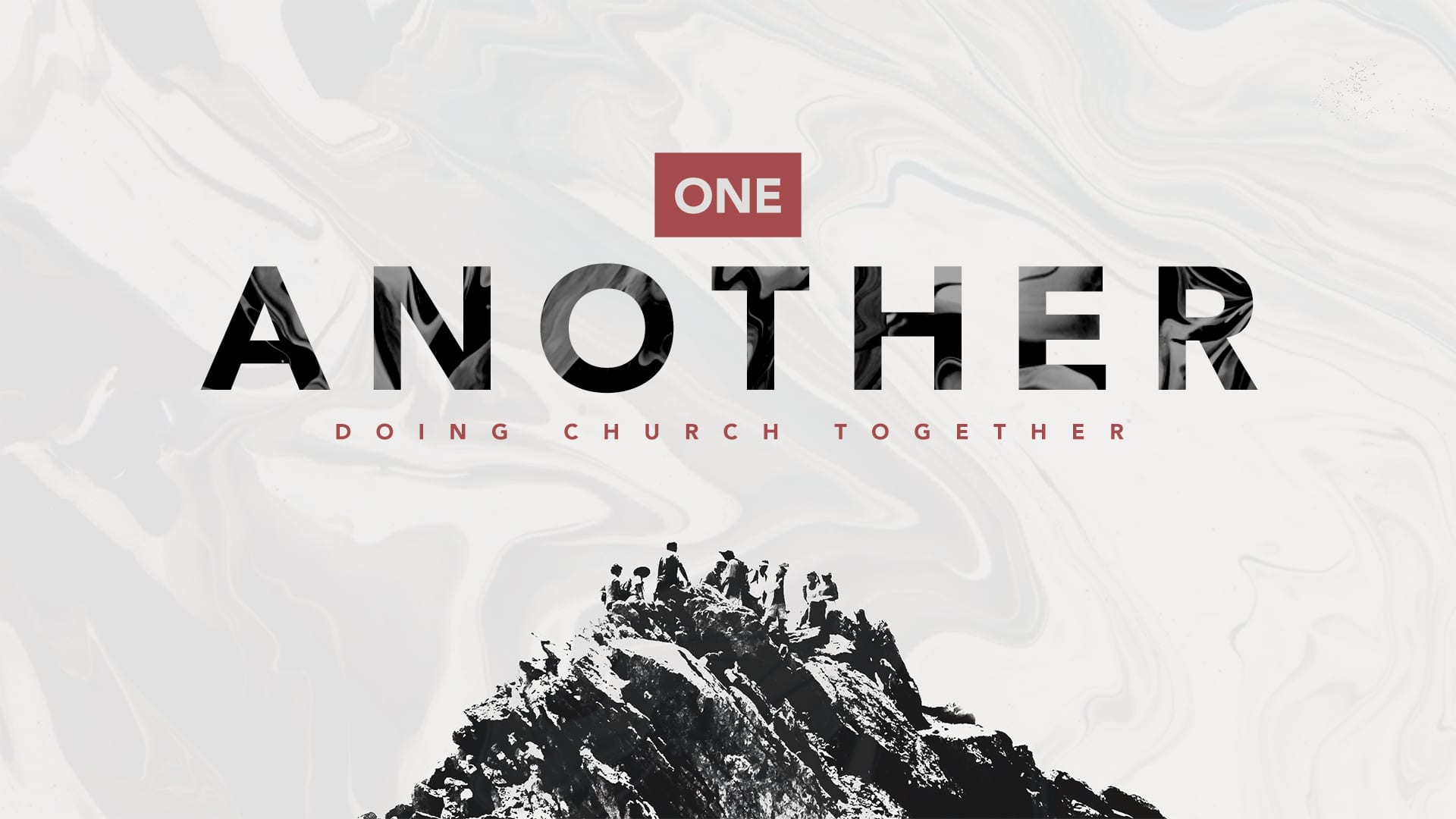We preach in hopes that you will learn and live more fully for the glory of God.
WATCH/LISTEN LIVE
VISIT SUNDAY

As Jesus hung on a cross dying, bleeding out, every breath moving him one breath closer to his last, he made seven statements. These words teach us a lot about Jesus—his sacrifice and love for people. This is a series of sermons on the seven sayings of Jesus from the cross.

God used this man named Paul to write much of the New Testament. What he writes about prayer might surprise you. He doesn’t spend any space on what it is and only a little space on how to do it. What he wrote about prayer seems to center on a single command: Pray. This is a series of sermons on Paul’s writings about prayer—the hope is that you’ll be inspired to do it more.

Like the wind, years fly by in an ever-changing and unpredictable way. As they do, all of our moments – good and bad – are tainted how fleeting life is. Anytime can be the last time. This sermon offers a biblical response to the temporary and capricious nature of life.

Christmas is stressful for everyone, but consider Jesus’ mother. Mary was a young girl who was engaged to be married. An angel told her she was pregnant, despite her being a virgin. It was a miraculous conception, but nobody would believe that. While we worry about our in-laws coming over, she worried her fiancé would leave her, family reject her, and society scorn her. Yet, the story of her pregnancy includes a song of celebration—a song called The Magnificat. The truths that compelled her to worship in the hard months of pregnancy can, and should, compel us to worship this Christmas…and every Christmas. These are lessons from The Magnificat.

Jesus’ longest recorded sermon, and most influential, is traditionally called The Sermon the Mount. The sermon is full of famous proclamations, phrases that are often memorized or hung on walls. But why are these words important 2,000 years later? This series of sermons is about The Sermon on the Mount and why it still matters.

We are living in a time when human life has been devalued. This leaves people, maybe you, wondering if they have any real worth. Many come to the conclusion that they don’t. It is not hard to see that the implications of this are far reaching—connected to a plethora of social ills. Here’s the good news: God has emphatically declared that you matter. This series of sermons examines how and why God has made this declaration.

The key question a church asks determines the direction they go. Too many churches are asking the wrong question: What have we always done? What are the cool churches doing? What will make us grow? The right question is very different; it is much more glorious. This sermon offers the key question every church should ask and gives insight into how Creekside is answering it.

We communicate more frequently, in more ways, and with more people than ever before. The quantity of our communication is greater than any time in history, but the quality of our communication is not. This is a series of sermons on what God says about communication.

Please note that this sermon was preached on VBS Sunday; it is vastly different from a normal Sunday sermon at our church.Why did men who knew Jesus think it was important to write down certain events from his life? Why did thousands of people after them, over hundreds of years, painstakingly make thousands of copies of those writings? Why are those writings the most widely printed (and read) books in existence? In John 20:30-31 we find an answer to these questions.audioMORE SERMONSPlease Share

The secret to an incredible church doesn’t lie in better programs, more expensive technology, or perfectly adapting the newest church model. Instead, it lies in the people in a church doing what God has called them to do. 100 times the New Testament uses the phrase “one another” to describe how people in a church should act and interact. In these “one another” statements we begin to see what we can do to make our churches better. This series of sermons is on six of those statements and how we can live them out today.
